Far-right activist targets Indians in H-1B debate, triggers clash
Her remarks revived ongoing arguments about who fills critical skilled roles in the U.S. workforce.
 Lauren Witzke / X (Lauren Witzke)
Lauren Witzke / X (Lauren Witzke)
Lauren Elena Witzke, an American far-right and alt-right political activist, triggered a sharp online backlash after claiming that the United States should stop bringing Indian professionals through H-1B visas.
Known for her anti-LGBT views and promotion of QAnon, Witzke—the Republican nominee in the 2020 U.S. Senate race in Delaware and a former TruNews host—argued that America does not need foreign skilled workers. In her post, she wrote.
Also Read: Indian-American Padma Lakshmi faces backlash saying apple pie is “not truly American”
“The solution is NOT to sell out Americans and import India here through endless H1B Visas,” adding that the U.S. should “fix the schools and invest in colleges and programs” to strengthen its workforce. She framed her argument around alleged differences in national IQ averages, saying the U.S. was “smarter” but needed better educational investment.
Her remarks drew immediate reactions. Lawyer Ramanuj Mukherjee responded, “First produce enough doctors, then we will talk. Skilled immigration is inevitable,” citing long-standing workforce shortages.
The average IQ of India is 76.
— Lauren Witzke (@LaurenWitzkeDE) November 13, 2025
The average IQ of America is 98.
If America doesn’t allegedly “have the talent” to build missiles, then fix the schools and invest in colleges and programs that will teach Americans how to do so. We are smarter than them, we just need to be…
Another user shared a chart showing that while PGY-1 residency slots have grown sharply between 1995 and 2024, the number of U.S. MD graduates remains significantly lower—a point used to argue that the country does not produce enough doctors to meet current demand.
First produce enough doctors then we will talk. Skilled immigration is inevitable. pic.twitter.com/G1qQOe0nJg
— Ramanuj Mukherjee (@law_ninja) November 13, 2025
Witzke rejected those arguments and wrote, “That’s what J1 Visas are for—also this is a total farce. Thousands of American med students won’t get matched for residency, as they are rejected and a foreigner takes their place.”
The exchange escalated after a user named Sidharth asked her, “What’s your IQ, Lauren?” Witzke replied with an insult directed at an Indian commenter, intensifying the dispute.
The chart shared in the thread was not part of Witzke’s original post but was used by respondents to add factual context to the debate, highlighting the gap between medical school output and residency capacity.
Users argued that this gap fuels reliance on foreign-trained professionals and undercuts claims that skilled immigration displaces American graduates.
The discussion quickly expanded into a broader argument over H-1B and J-1 visa programs, physician shortages, and the role of international workers in U.S. healthcare and technology sectors.
ADVERTISEMENT
ADVERTISEMENT
E Paper
Video




 Malvika Choudhary
Malvika Choudhary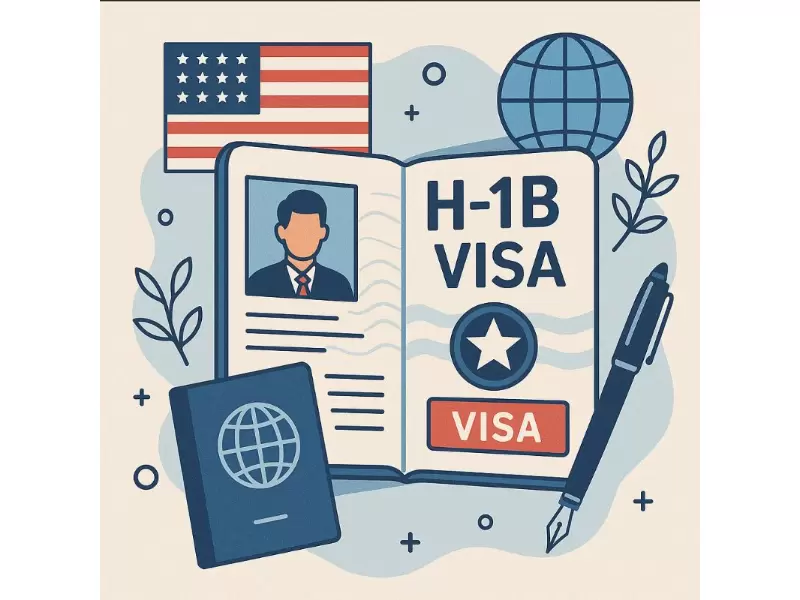
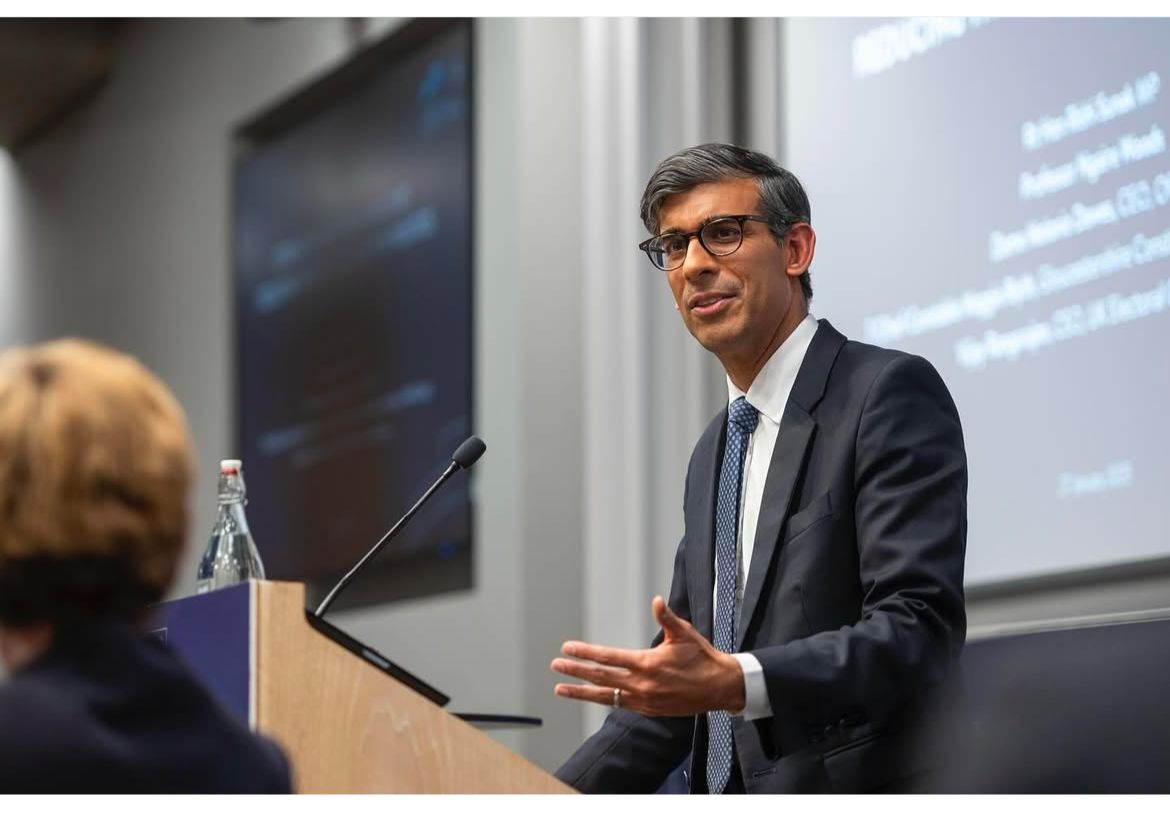
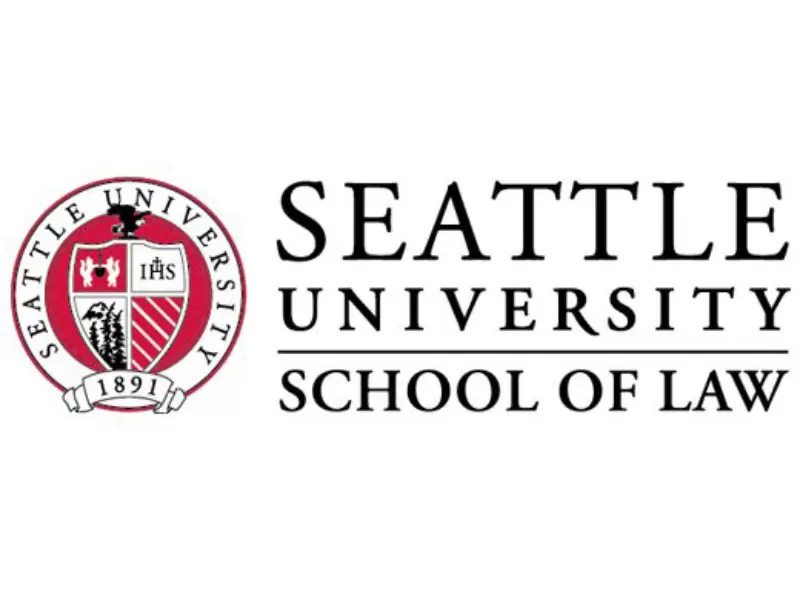
.jpg)
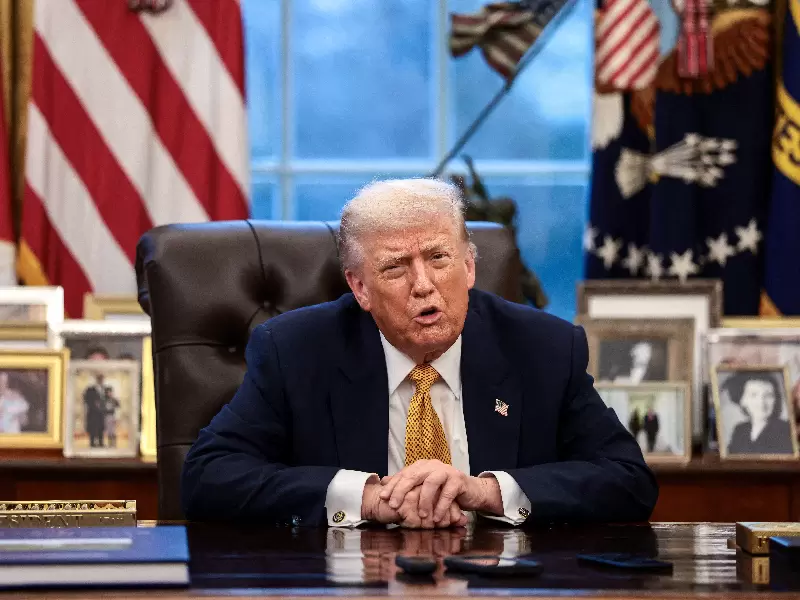

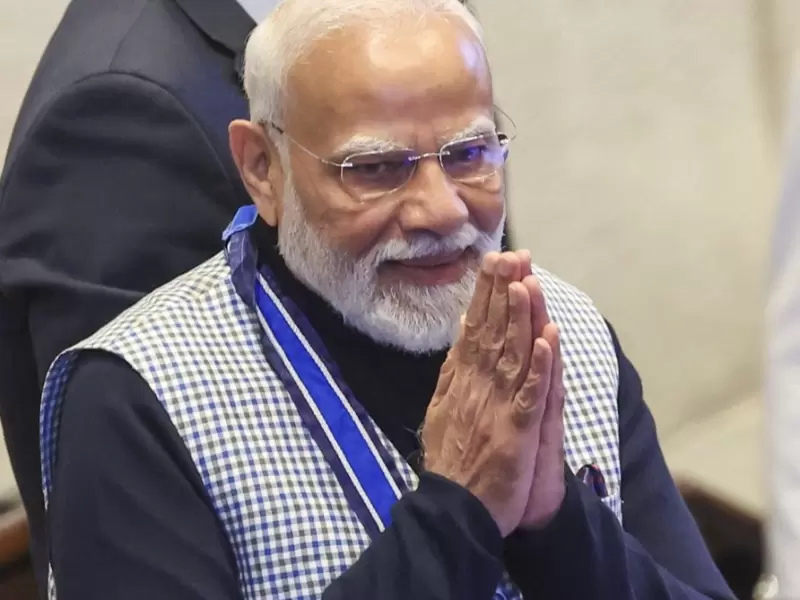
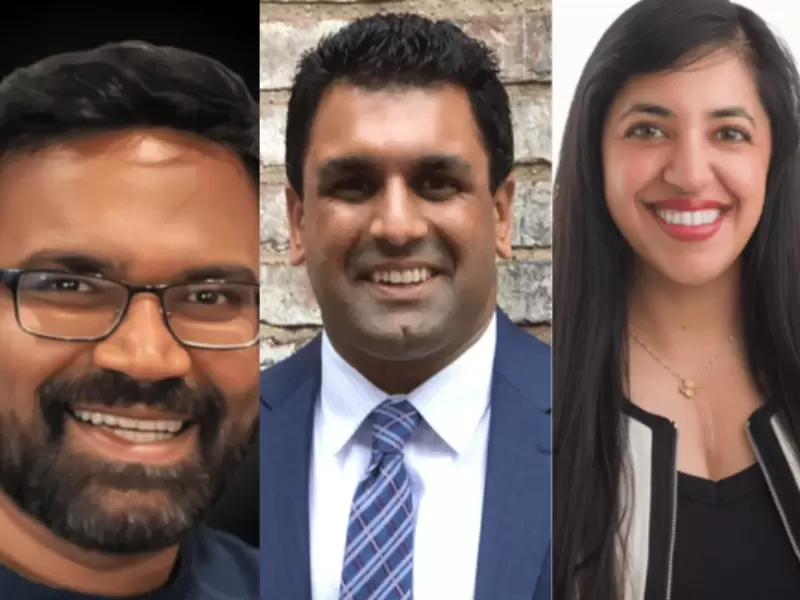

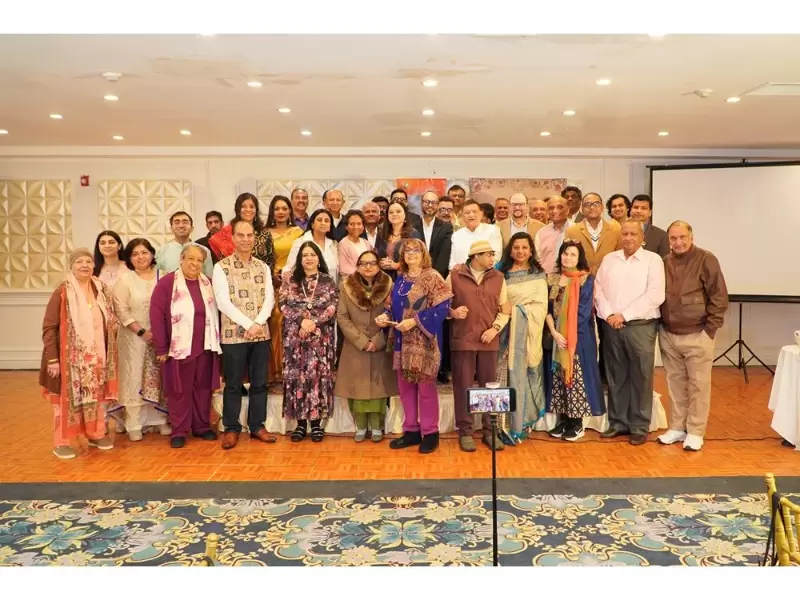
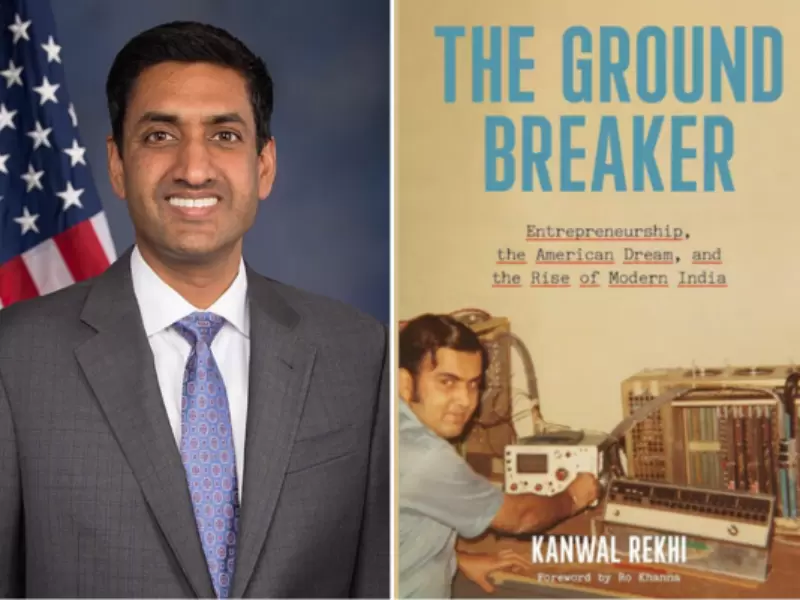



Comments
Start the conversation
Become a member of New India Abroad to start commenting.
Sign Up Now
Already have an account? Login